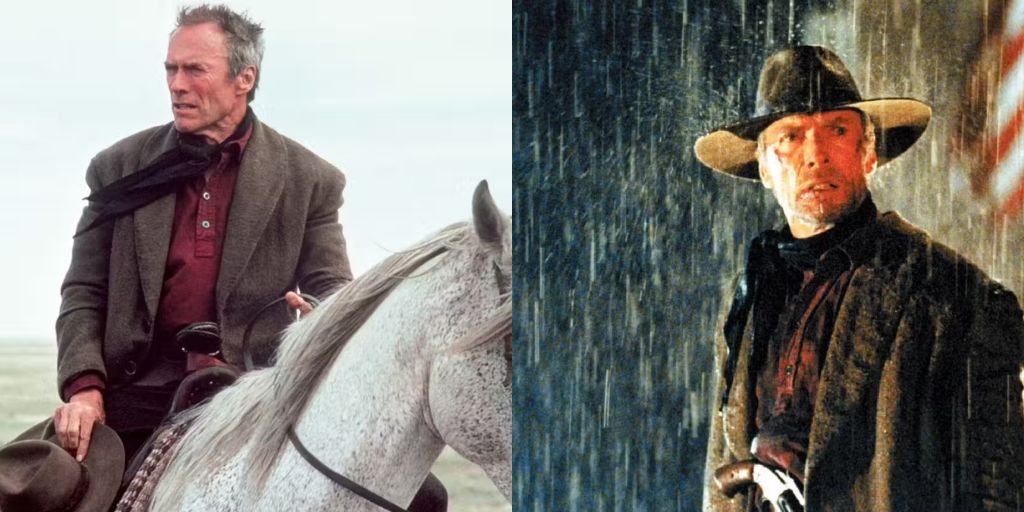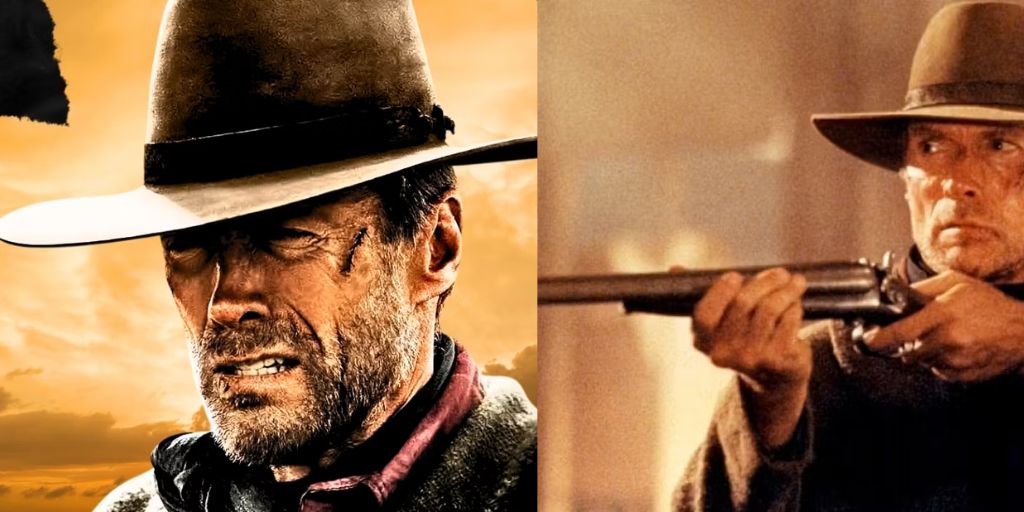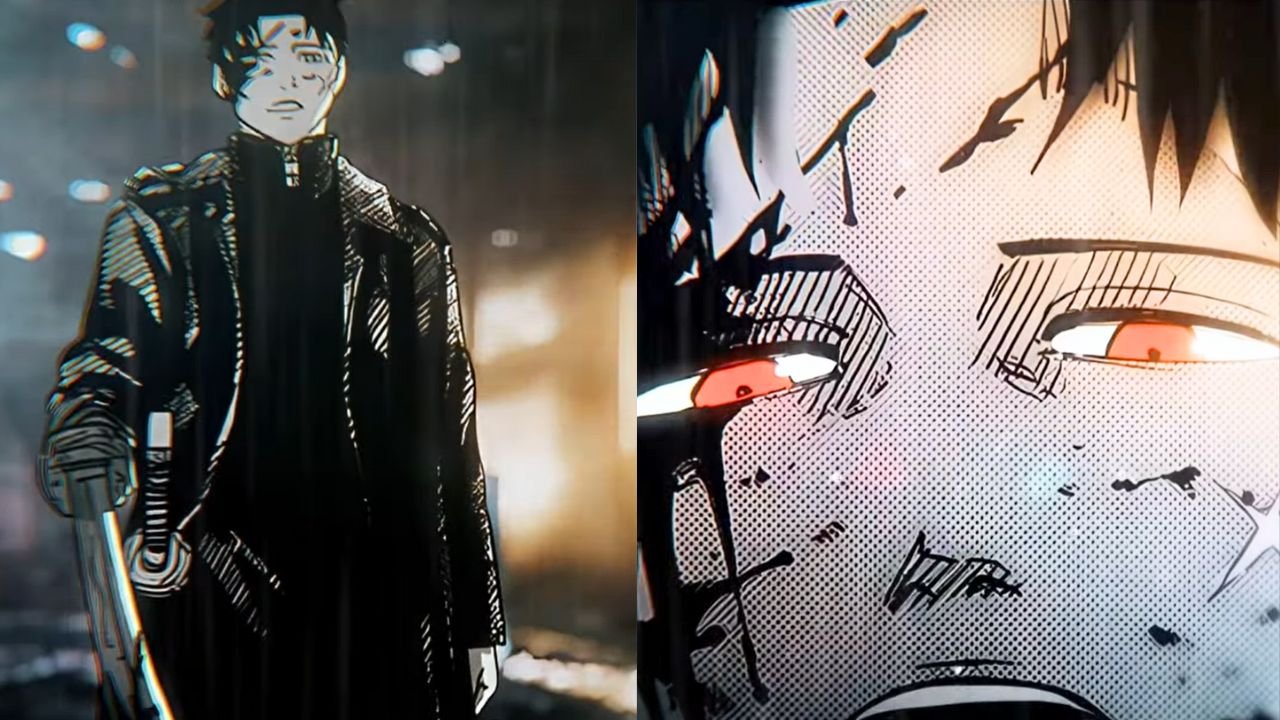
“Go forward, make my day,” or “Do I really feel glad? Properly, do you, punk?” are in all probability the 2 most well-known quotes ever stated by a Clint Eastwood character, in accordance with the American Movie Institute’s Prime 100 Quotes checklist. These quotes are well-known, however Eastwood is known for his many iconic strains on display screen.
A part of that is his type of utilizing few phrases, which supplies his sentences extra affect. His low quantity additionally instructions consideration, just like how Meryl Streep would use her voice.
Moreover, Eastwood’s angle, together with his memorable sneers and growls, contributes to his distinctive supply. Even a easy line like “get off my garden” could make Gran Torino a field workplace hit.
Eastwood’s greatest quote, nevertheless, will not be an action-packed line, however one thing a lot less complicated and deeper. It isn’t about defeating villains, however about reflecting on the essence of his position. Clint Eastwood’s most memorable line is poetic and profound, and challenges the character of his profession as an motion movie star.
‘Unforgiven’ Gave Clint Eastwood the Greatest Materials of His Profession
Clint Eastwood’s greatest movie is Unforgiven. This western takes Eastwood’s heroic picture and transforms it into one thing a lot darker. The movie tells the story of William Munny (Eastwood), a retired gunman who returns for one final job to avenge an abused spouse.
As soon as the baddest man within the West, Munny leaves his violent previous behind to begin a household, however the promise of an excellent reward attracts him again to his darkish facet.
The movie shortly obtained vital acclaim, successful Greatest Image and Greatest Director on the sixty fifth Academy Awards. Unforgiven marked a serious turning level in Eastwood’s profession, revealing a extra considerate and introspective facet.
Unforgiven goals to shatter the myths of the Wild West. As an alternative of heroic tales, the movie presents a grey and muddy setting with extended, onerous violence. Characters typically debate their legacy, exhibiting the darkish truths behind glorified tales.
Regardless of Eastwood’s portrayal, William Munny will not be a noble determine. As his darkish facet emerges, Munny destroys the parable of the lone gunfighter. Unforgiven questions the aim of violence, presenting it as extra than simply motion.
This line provides weight to western battles
After the Schofield Child (Jaimz Woolvett), who initially introduced Munny into the bounty, kills the second wished man, he instantly regrets it. He confesses to Munny that he’s not the expert killer he claimed to be. The Schofield Child seems to be somebody who worshipped the legends of the Wild West.
Dealing with demise adjustments his perspective, and reveals that it’s not as glamorous as he thought. Munny then shares this knowledge: “It is a hell of a factor to kill a person. You’re taking away every thing he has, and every thing he’ll ever have.”


This line is simple but poetic. It displays on Eastwood’s lengthy profession as a hero and grounds it in actuality. It reveals that killing is not only about ending a life, but in addition concerning the affect on the killer.
The act of killing is described as theft, taking essentially the most useful factor an individual has. Eastwood’s supply makes this line a robust assertion.
This attitude makes each demise within the movie extra significant. What is likely to be a triumphant second in one other movie turns into horrific in Unforgiven. Munny’s actions, even when justified, are merciless and ugly. This adjustments the way in which audiences view Westerns, and reveals the onerous reality behind the supposed victories of the West.



